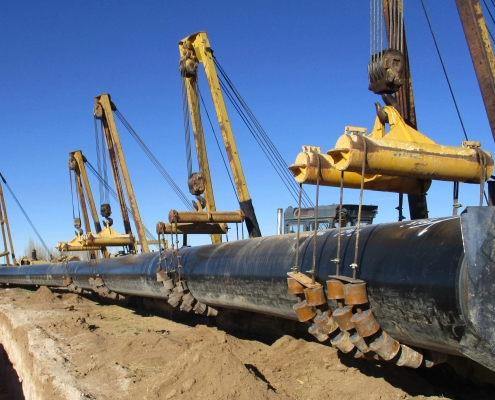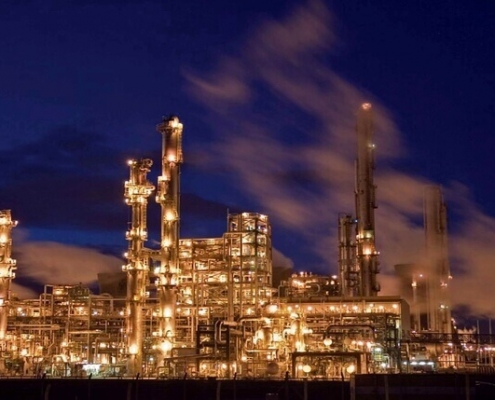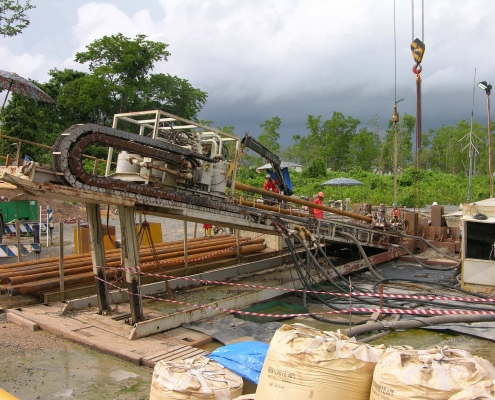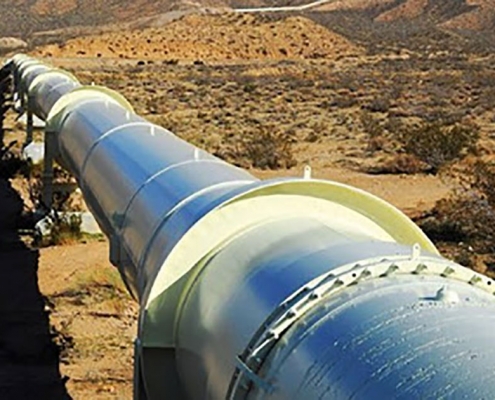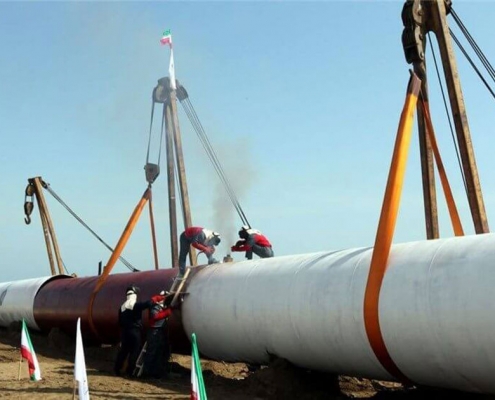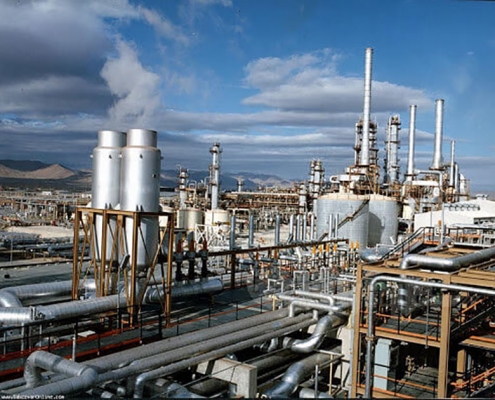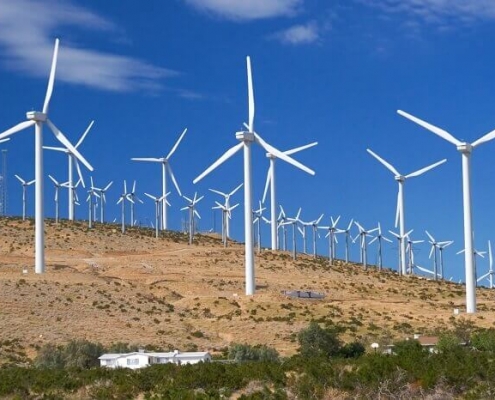Our Activity
Gas transmission pipelines
The national gas pipeline refers to all high-diameter gas transmission pipelines that are located throughout the country and continue from the natural gas refinery to the gas pressure drop station at the beginning of the cities for distribution to the consumer.
Refinery projects
Today, crude oil is transported to refineries by pipelines, railways, tankers, and trucks to be converted into the products we need.
Photo Design and construction of pipelines crossing obstacles such as rivers or other HDD tolls
The HDD process begins by drilling a small, horizontal hole (pilot hole) under a passing barrier (eg, highway) with continuous strands of steel drill rod. When the head of the hole and the rod protrude from the other side of the passage barrier, a special drill called a scraper is attached to the head of the steel rod and pulled back through the pilot hole.
Petroleum and petrochemical product transmission lines
Petroleum products or petroleum products are very common materials, which are processed from crude oil and in an oil refinery. Refineries can process petroleum products for various tasks according to the composition of crude oil and customer requests.
Water transmission pipelines
Transmission lines and water distribution networks refer to a set of facilities, including pipes, fittings and valves, that are built to transfer fluids (liquids and gases) from one point to another.
Power plant projects
The main task of a power plant is to convert energy from its other forms such as chemical energy, nuclear energy, gravitational potential energy into electrical energy.
Renewable energy production
Construction, development and operation of renewable energy plants such as wind, solar, geothermal, wave and biomass, which leads to the non-consumption of fossil fuels, effective savings in water consumption of power plants and non-emission of greenhouse gases.

